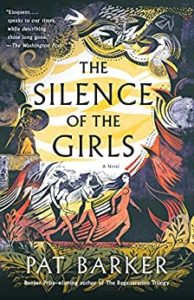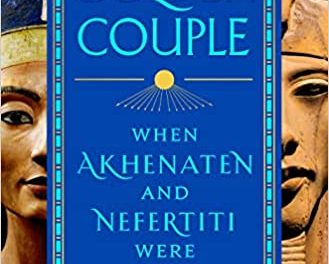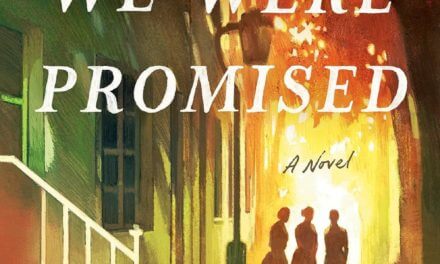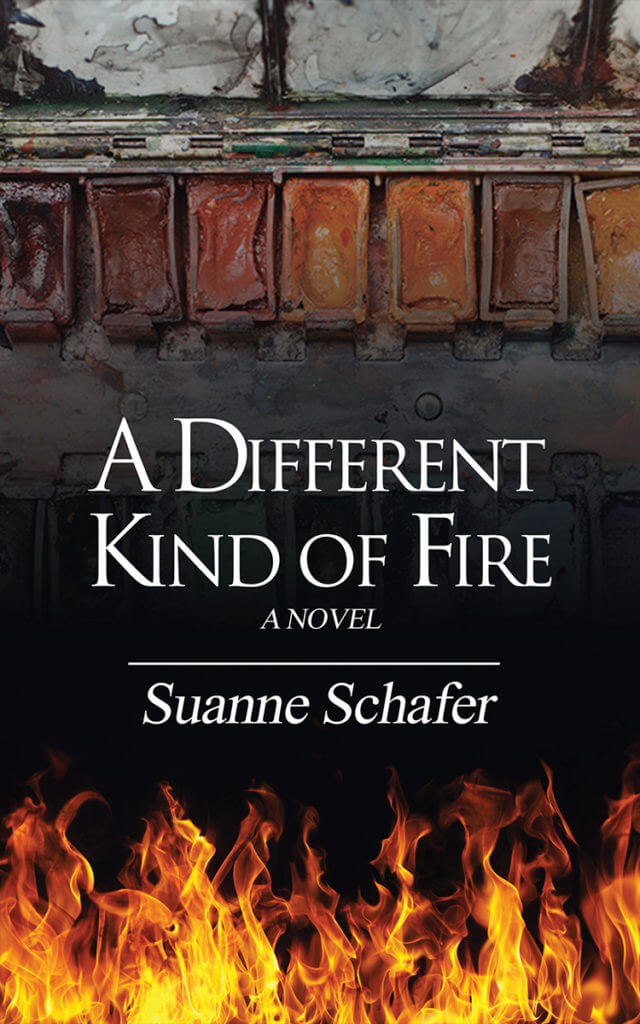In the first of the Grecian Women Trilogy books, Athena’s Child, Hannah Lynn retells the story of Medusa and Perseus. In the second of the trilogy, A Spartan’s Sorrow, Lynn revisits the Trojan War, focusing on Clytemnestra. As in her depiction of Medusa, Lynn again handles the persistence of the male hierarchy and how women, even other women, blame the victim for her plight rather than blaming the perpetrator.
Clytemnestra, the wife of Agamemnon and the sister of Helen of Troy, remains at home, governing their kingdom well, while he goes off to fight the Trojan War. Lynn gives us a strong, complex woman with fierce maternal instincts, brought about by Agamemnon’s murder of her beloved first husband and her first son. Her protective, perhaps overly-protective, instincts determine her future.
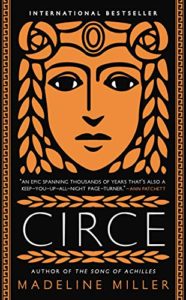
********************
A Spartan’s Sorrow is available through Amazon.
********************
This post contains Amazon Affiliate links. As an Amazon Associate, I earn a small amount from qualifying purchases.

